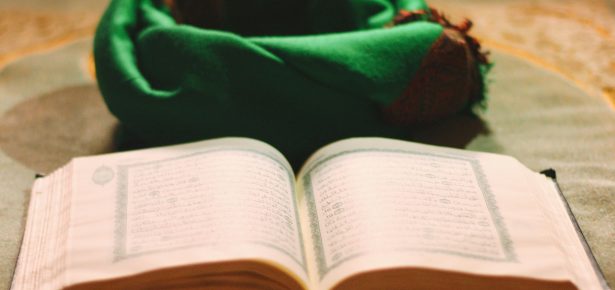
Muslims around the world have recently celebrated Eid al-Adha, one of the holiest times of the year. The holiday commemorates the Prophet Abraham’s calling to surrender his beloved son to God (who provided Abraham with a lamb to sacrifice instead), and it offers Muslims an opportunity to reflect on serving God by practicing shari‘a.
Widely interpreted as “Islamic law,” shari‘a is an ethical guide that draws from the Quran (Islam’s holy book) and the Hadith (the Prophet Muhammad’s statements and actions). Because shari‘a encourages a diversity of interpretations, there is no right or wrong way to interpret it.
For the past decade I have been studying the historic attempts by the Somali people in the Horn of Africa to govern themselves according to shari‘a. My research documents the remarkable ways that officials, lawyers, community leaders, and campaigners for women’s rights all invoked shari‘a to fight for justice — opposing colonialism, resisting dictators, expelling warlords, or fighting for gender equality. All of these are critical steps on the path to the rule of law, which is a way of governing without arbitrary power.
After Somalia’s independence in 1960, for instance, democratic prime ministers claimed that their rule was acceptable because it was consistent with the sources of shari‘a.
Later, in the 1990s and 2000s, when civil wars raged and warlords patrolled the streets of Somalia’s capital, Mogadishu, shari‘a courts – not international law or United Nations intervention – built peace.
Elders also invoked shari‘a when they split off Somaliland, which had been ruled by a dictator in Somalia. They founded their breakaway nation during the 1990s when a series of peace summits declared shari‘a as the source of Somaliland’s government of limited powers. In 2001, Somaliland’s constitution, also founded upon shari‘a principles, entered into force. Today Somaliland provides the Horn of Africa’s most promising evidence of progress toward the ideal of the rule of law.
Perhaps most striking is the work of Somali rights activists whom I met. They saw an inherent feminism in shari‘a and cited the Quran and the Hadith to support girls’ education, young women in sports, and women in government. Muslims “can find support for almost everything” in shari‘a, an activist reminded me. It’s just that women “have to know their rights in the Quran,” she added.
Across modern Somali history people have been fighting for human rights with God at their sides. They have been using shari‘a to do the work that, as a legal scholar, I was trained to believe that human rights law ought to be doing. Surrendering themselves to the power of God, they have been pushing for peace, social justice, and equal rights.
Their activities contradict global policies toward shari‘a. More than 200 legislative bills to ban shari‘a have appeared in nearly every U.S. state. The European Court of Human Rights has twice ruled shari‘a incompatible with human rights. Regimes in Saudi Arabia, Egypt, and other Muslim-majority countries have imprisoned anti-regime activists by labeling them “stealth jihadis” who are seeking Islamic law.
By showing how religion matters for democratic development and constitutionalism, Somalis are providing a new model for Muslim-majority countries, independent of the Western world’s revered separation of church and state. Reflecting on the Prophet Abraham’s submission to God centuries ago helps people to recall that serving God can also still serve society.
Latest Comments
Have your say!